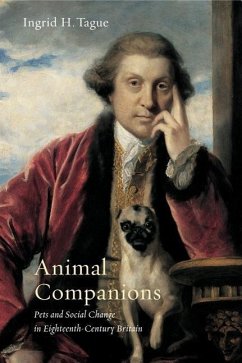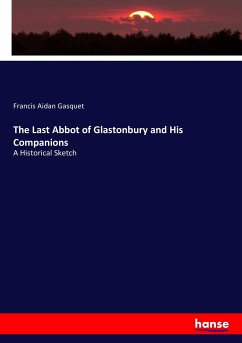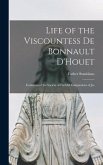Although pets existed in Europe long before the eighteenth century, the dominant belief was that pet keeping was at best frivolous and at worst downright dangerous. In Animal Companions, Ingrid Tague explores the eighteenth-century conversation about the presence of pets in British society and the ways in which that conversation both reflected and shaped broader cultural debates. Tague argues that pets, as neither human nor fully part of the natural world, offered a unique way for Britons of the eighteenth century to articulate what it meant to be human and what their society ought to look like. Having emerged from the Malthusian cycle of dearth and famine at the end of the seventeenth century, England became the wealthiest nation in Europe, with unprecedented access to consumer goods of all kinds. And closely connected with these material changes was the Enlightenment, with its implications for contemporary understanding of religion, science, and non-European cultures. All these transformations generated both excitement and anxiety, and they were reflected in debates over the rights and wrongs of human-animal relationships. Looking at a wide variety of texts, Tague shows how pets became both increasingly visible indicators of spreading prosperity and catalysts for debates about the morality of the radically different society emerging in this period.
Hinweis: Dieser Artikel kann nur an eine deutsche Lieferadresse ausgeliefert werden.
Hinweis: Dieser Artikel kann nur an eine deutsche Lieferadresse ausgeliefert werden.








